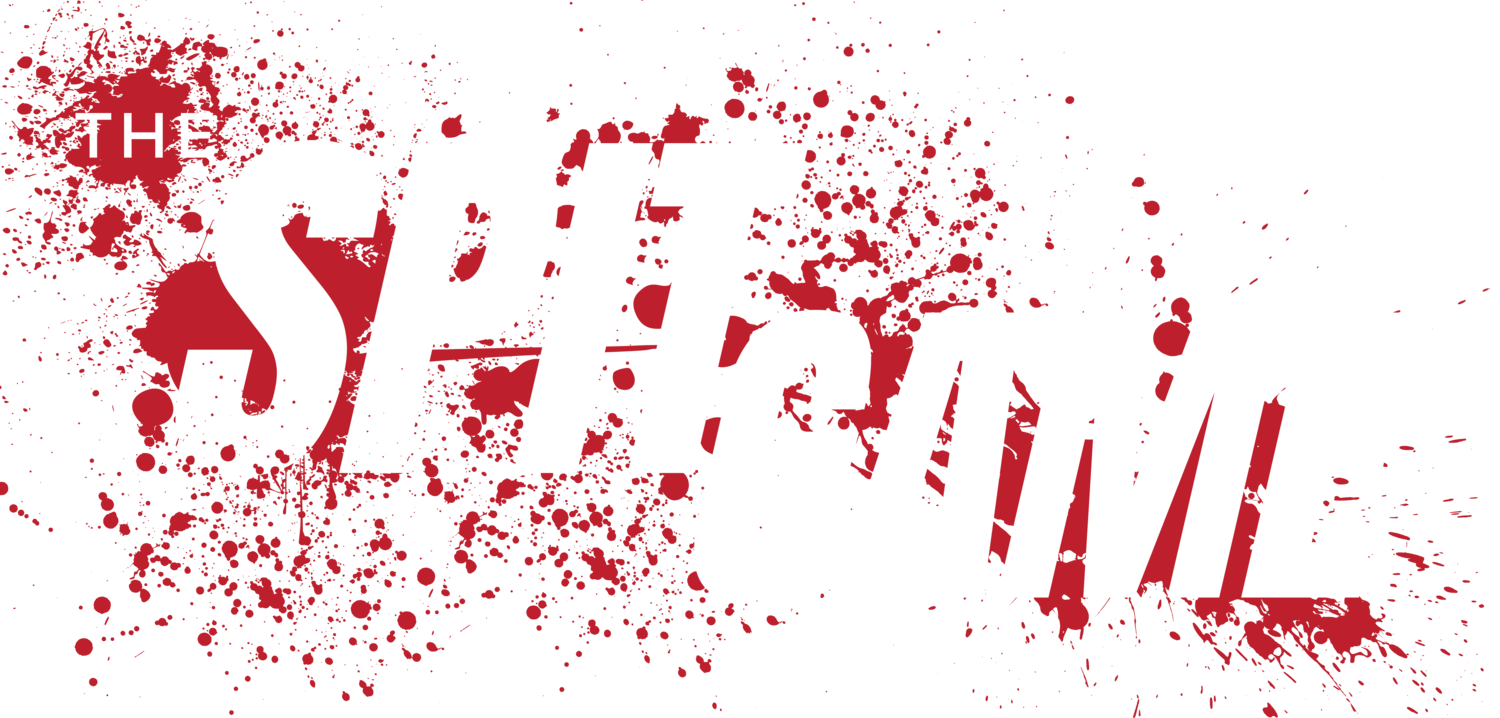When Truth Becomes Optional
The Things I'll Do To Be President | A Discussion
Content Warning: This piece discusses political manipulation and conspiracy theory radicalization
Setting the Scene
In an era where TikTok and Twitter serve as primary news sources for young people, "The Things I'll Do To Be President" uses a school election to satirize how conspiracy theories infect modern political discourse. Developed with Kings College London researchers exploring the spread of misinformation, the film demonstrates how easily verifiable falsehoods become "truth" when weaponized by those seeking power.
The Campaign Trail to Chaos
The film makes use of a microcosmic setting - a school presidential debate where legitimate concerns about student safety rapidly devolve into conspiratorial warfare. When Tiffany (Ria Thomas) exposes Jonah's (Tyrelle Boyce) connection to surveillance cameras at Morris University, she transforms a valid criticism into a full-blown conspiracy theory:
"Do you really want to elect a gang of creeps? Who will be watching your every move from a screen? Every time you walk down a corridor... or go to the bathroom... or get changed for PE..."
The Conspiracy Cascade
The film maps how conspiracy theories escalate:
THE KERNEL OF TRUTH
Starting with real incidents (the Morris University football team scandal), characters build elaborate theories that prey on existing fears and biases.
THE BACKPOCKET STRATEGY
Miss Phillips' role as a conspiracy enabler reflects how authority figures often privately encourage harmful narratives while maintaining public deniability: "Not ideas... just observations."
THE WEAPONISATION
When Jonah counters with his own conspiracy about remote learning and "NO spaces for boys," we see how defensive conspiracy theories often become offensive weapons:
"Its happening all over people! You've seen it online! And now its happening here! See its not about safe spaces for girls... its about NO spaces for boys!"
The Campaign Managers' Dance
Marcus and Aaron's dance battle serves as a metaphor for modern political discourse - both sides so caught up in performance they forget about actual governance.
Behind the Lens
Working with conspiracy theory researchers, the production team crafted conspiracies that mirror current political tactics while remaining absurd enough to highlight their ridiculousness. The decision to set the film in a school election provides crucial distance for viewers to recognize patterns they might miss in actual political coverage.
The Research Impact
The collaboration with Kings College London researchers revealed how young people often struggle to distinguish between legitimate criticism and conspiracy theories, particularly when both use similar language and evidence presentation styles. The research showed that emotional investment in outcomes often overrides critical thinking skills.
Modern Political Parallels
The film's dynamics eerily mirror current political landscapes:
- The use of children's safety as a political weapon (echoing UK trans rights debates)
- The weaponisation of legitimate concerns about surveillance
- The "back pocket" approach to conspiracy deployment
- The way social media amplifies unverified claims
The Victory of Apathy
The film's ending - where Obufemi wins through silence while the others destroy themselves with conspiracies - serves as a commentary on how extreme rhetoric often benefits third parties. Miss Phillips' final revelation as the puppet master ("Just like we planned") suggests how chaos itself can be a political strategy.
Moving Forward
This film demands action on multiple fronts:
DIGITAL LITERACY EDUCATION
Schools must develop better programs for helping young people distinguish between legitimate criticism and conspiracy theories.
POLITICAL EDUCATION REFORM
Young people need enhanced training in recognizing manipulation tactics and understanding how social media amplifies misinformation.
PLATFORM RESPONSIBILITY
Social media platforms need better systems for fact-checking and controlling the spread of conspiracies while protecting legitimate discourse.
CULTURAL SHIFT
Society needs to address how the "winning at all costs" mentality in politics encourages the spread of harmful conspiracies.
THE Wake Up Call
"The Things I'll Do To Be President" serves as both satire and warning - showing how easily democratic discourse can be poisoned by conspiracy thinking. Through its examination of a school election gone wrong, the film forces viewers to confront their own vulnerability to political manipulation.
"Putting together facts to create a lie is still a lie!"
Post-Script: Current Relevance
With recent UK and US elections, the film's themes become increasingly relevant. Conspiracy theories around voter fraud, "deep state" manipulation, and various culture war issues mirror the film's exploration of how truth becomes optional in pursuit of power. The film's suggestion that everyone - even those fighting conspiracy theories - can be drawn into conspiratorial thinking serves as crucial warning for current political discourse.




